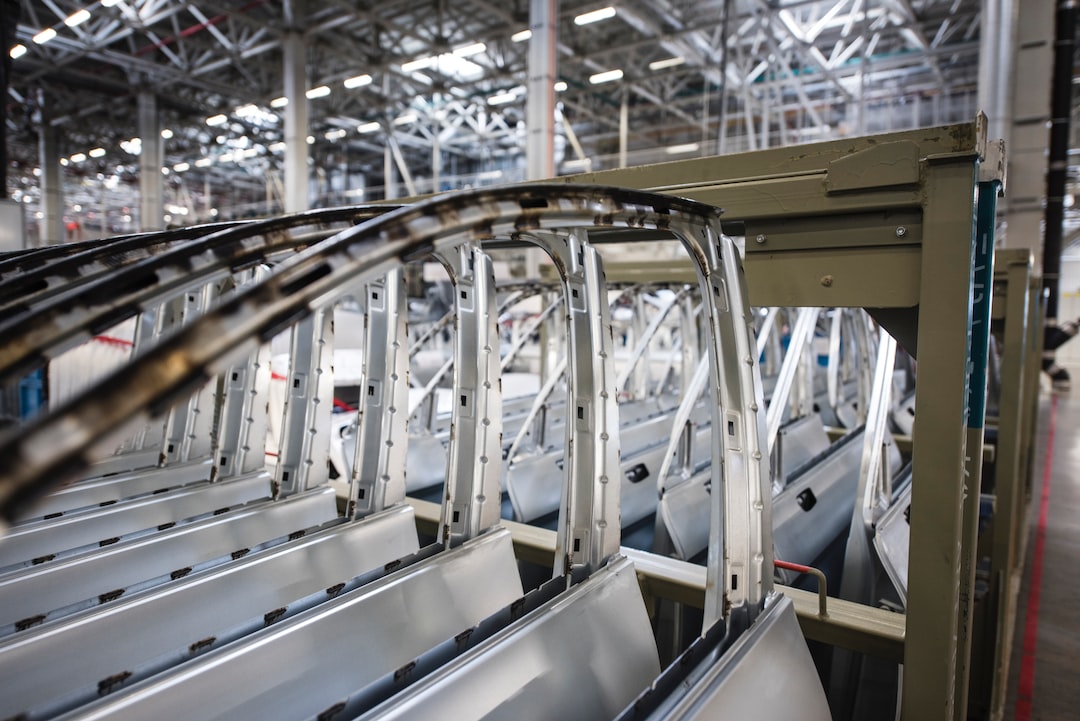The Future of Autonomous Cars: What Can We Expect?
Self-driving cars have captured the imagination of people around the world for many years. The concept of vehicles that can navigate themselves without human intervention seems like something out of a science fiction movie. However, with advancements in technology, autonomous cars are no longer just a dream but a reality that is slowly but surely becoming a part of our lives. So, what can we expect from the future of autonomous cars?
One of the most significant benefits of autonomous cars is the potential to eliminate human error, which causes the majority of traffic accidents today. With advanced sensors and sophisticated algorithms, these vehicles have the ability to detect and react to road conditions much faster than a human driver could. This could potentially lead to a dramatic reduction in accidents and fatalities, making our roads safer for everyone. According to a study conducted by the National Highway Traffic Safety Administration (NHTSA), it is estimated that around 94% of traffic accidents are caused by human error. Therefore, the advent of autonomous cars could be a game-changer in terms of road safety.
Apart from enhancing safety, autonomous cars also have the potential to transform our daily lives. With self-driving cars, commuting could become a more productive and enjoyable experience. Instead of worrying about navigating through traffic or finding a parking spot, individuals can use their travel time to work, relax, or engage in other activities that they enjoy. This could lead to increased productivity and reduced stress levels, ultimately improving the overall quality of life for many people.
In addition to individual benefits, autonomous cars could also revolutionize the transportation industry as a whole. With ride-sharing programs like Uber and Lyft already gaining popularity, the advent of autonomous cars could make these services even more accessible and affordable. Imagine ordering a self-driving car with a tap of your phone and being able to reach your destination without having to own a vehicle. This could drastically reduce the number of cars on the road, easing traffic congestion and reducing pollution levels.
Furthermore, autonomous cars could open up new opportunities for individuals who are currently unable to drive due to disabilities or age-related issues. These vehicles have the potential to provide newfound mobility and independence to the elderly or those with physical challenges, allowing them to maintain their social connections and access necessary services more easily. This would further contribute to a more inclusive and equitable society.
However, with all the promises of autonomous cars, there are still several challenges that need to be addressed for a seamless integration into our lives. One of the most pressing concerns is the issue of cybersecurity. As self-driving cars rely heavily on interconnected systems and communication networks, there is a greater risk of cyber-attacks. Ensuring robust security measures will be crucial to prevent unauthorized access and protect the privacy and safety of individuals using autonomous cars.
In conclusion, the future of autonomous cars holds immense potential. With the ability to enhance safety, transform everyday life, and revolutionize transportation, self-driving cars are poised to become an integral part of our society. While there are still challenges to overcome, technological advancements and ongoing research are paving the way for a future where autonomous cars become the norm. The only question that remains is, how soon will these vehicles become a regular sight on our roads?

